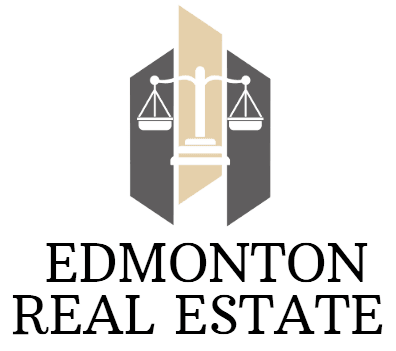Real estate transactions are typically complex and involve numerous legal, financial, and contractual considerations. While most transactions proceed smoothly, disputes and disagreements can arise, leading to real estate litigation. Real estate litigation encompasses legal actions related to property disputes, breach of contract, title issues, zoning disputes, and other conflicts that require resolution through the legal system. In this article, we will explore the circumstances under which real estate litigation becomes necessary, the common types of disputes, and the role of legal professionals in navigating such cases.
When Does Real Estate Litigation Become Necessary?
Real estate litigation becomes necessary when parties involved in a real estate transaction or property ownership cannot resolve their disputes through negotiation, mediation, or other alternative dispute resolution methods. Some common scenarios that may lead to real estate litigation include:
- Breach of Contract: If one party fails to uphold the terms of a contract related to a real estate transaction, such as failing to complete the sale or violating terms of a lease agreement, litigation may be pursued to enforce the contract’s provisions.
- Title Disputes: Disputes over property ownership, boundaries, or encroachments can lead to litigation to establish or clarify legal ownership rights.
- Construction and Defect Claims: Issues arising from construction defects, poor workmanship, or failure to adhere to building codes may result in litigation between property owners, contractors, or developers.
- Zoning and Land Use Disputes: Conflicts related to zoning regulations, land use restrictions, or zoning changes can lead to litigation when parties disagree on permissible property uses.
- Eminent Domain and Condemnation: Disputes over government takings of private property for public use (eminent domain) or disputes over compensation for condemned properties may result in litigation.
- Foreclosure and Loan Disputes: Disagreements between lenders and borrowers regarding foreclosure proceedings, loan modifications, or mortgage terms can lead to litigation.

Common Types of Real Estate Disputes
Real estate litigation encompasses a wide range of disputes that reflect the complex nature of property transactions:
- Boundary and Easement Disputes: These disputes involve disagreements over property boundaries, easement rights (rights to use another’s property), and access rights.
- Quiet Title Actions: These actions are filed to establish clear and marketable title by resolving any competing claims to ownership. The role of lawyers in the transfer of assets, more details in our article.
- Landlord-Tenant Disputes: Conflicts between landlords and tenants over lease terms, maintenance responsibilities, and eviction proceedings may lead to litigation.
- Purchase and Sale Disputes: Conflicts arising from failed property transactions, such as non-disclosure of defects or non-performance by one party, may require litigation.
- Construction Defect Claims: Lawsuits over faulty construction, design defects, or inadequate building practices can result in complex litigation involving multiple parties.
Role of Legal Professionals in Real Estate Litigation
Legal professionals, including real estate lawyers, play a critical role in guiding parties through the complexities of real estate litigation:
- Legal Analysis: Lawyers assess the merits of a case, provide legal advice, and determine the appropriate legal strategies based on the specific dispute.
- Pre-Litigation Negotiation: Lawyers attempt to resolve disputes through negotiation, mediation, or settlement discussions before resorting to litigation.
- Filing Legal Documents: Lawyers draft and file legal documents, including complaints, answers, motions, and other necessary court filings.
- Evidence Gathering and Analysis: Lawyers gather evidence, interview witnesses, and analyze documentation to build a strong case for their clients.
- Representation in Court: Lawyers represent their clients in court proceedings, presenting arguments, examining witnesses, and advocating for their interests.

Reputable Sources for Real Estate Litigation Information
For individuals seeking a deeper understanding of real estate litigation and legal considerations, reputable sources include:
These sources offer valuable insights into real estate litigation processes, legal considerations, and options for resolving disputes.
Conclusion
Real estate litigation arises when disputes related to property transactions cannot be resolved through negotiation or alternative methods. From breach of contract and title disputes to construction claims and foreclosure disagreements, real estate litigation covers a broad spectrum of conflicts. Legal professionals, particularly real estate lawyers, play a pivotal role in guiding parties through litigation processes, ensuring that their rights are protected and advocating for their interests in court. While litigation is often a last resort, having skilled legal representation is essential when legal action becomes necessary to achieve fair and just resolutions in real estate disputes.
